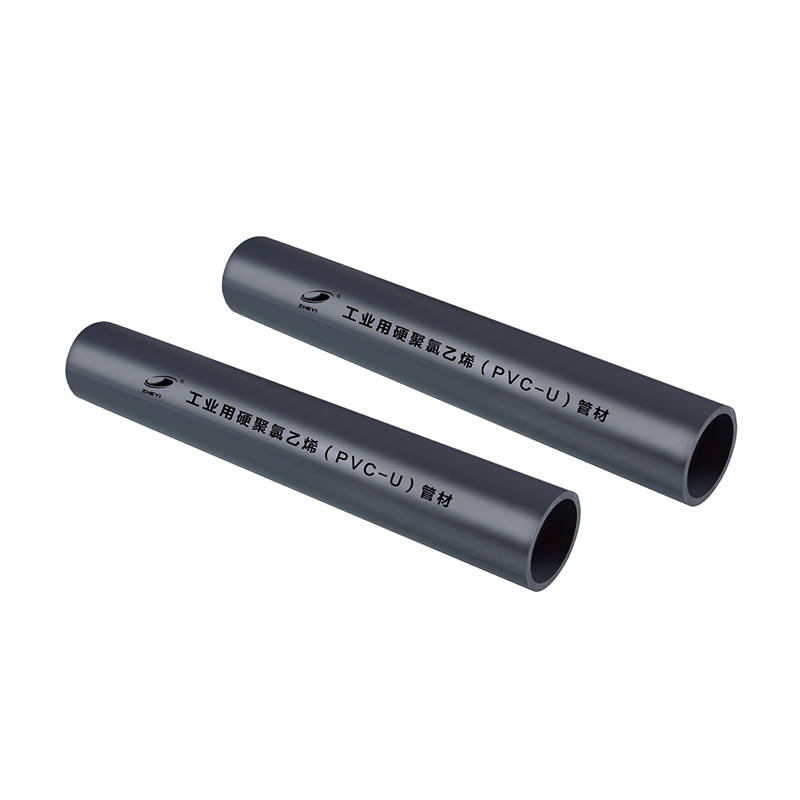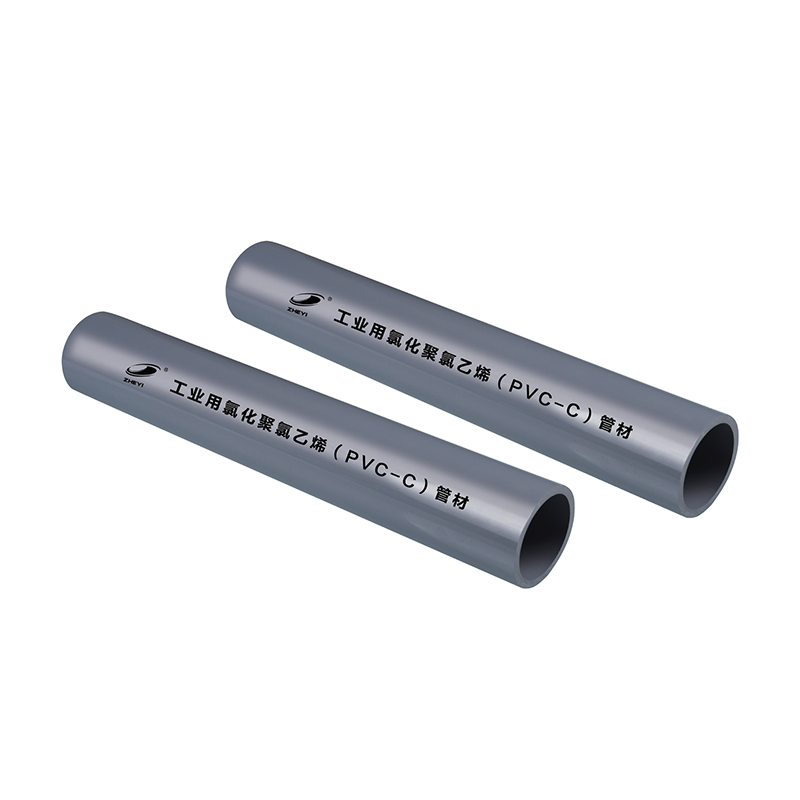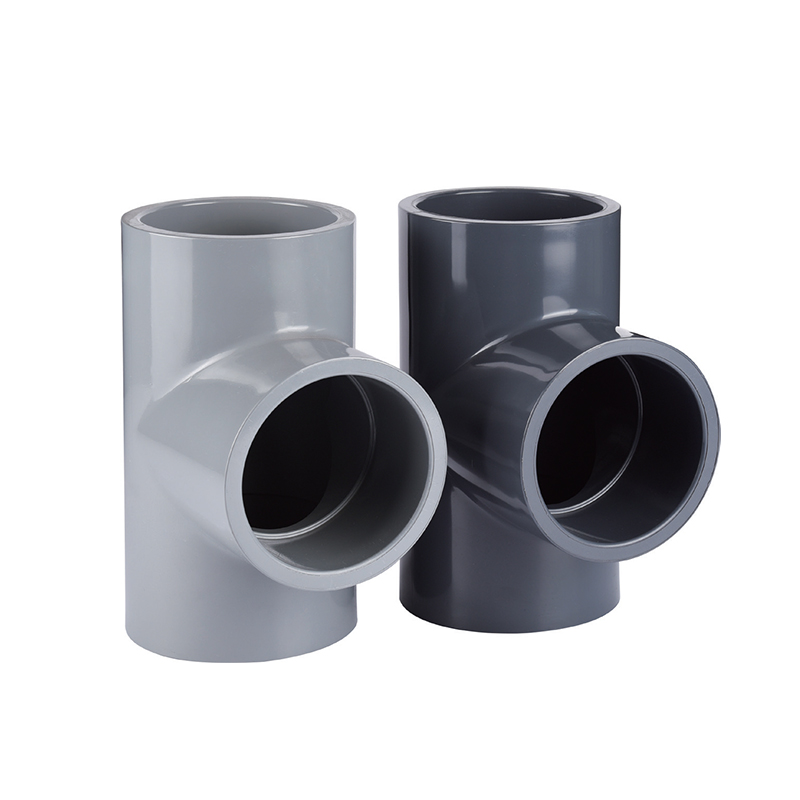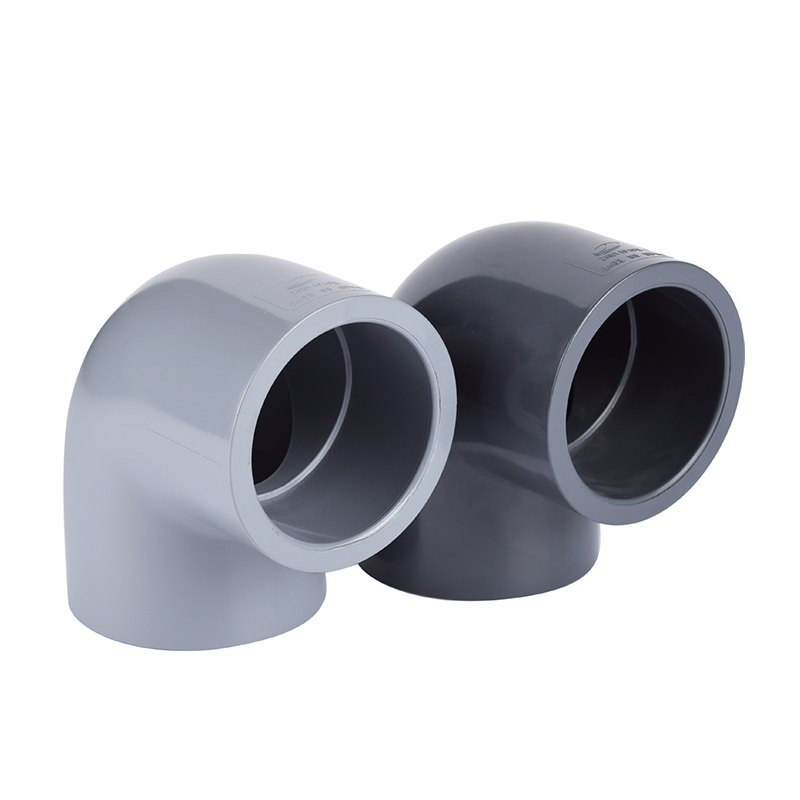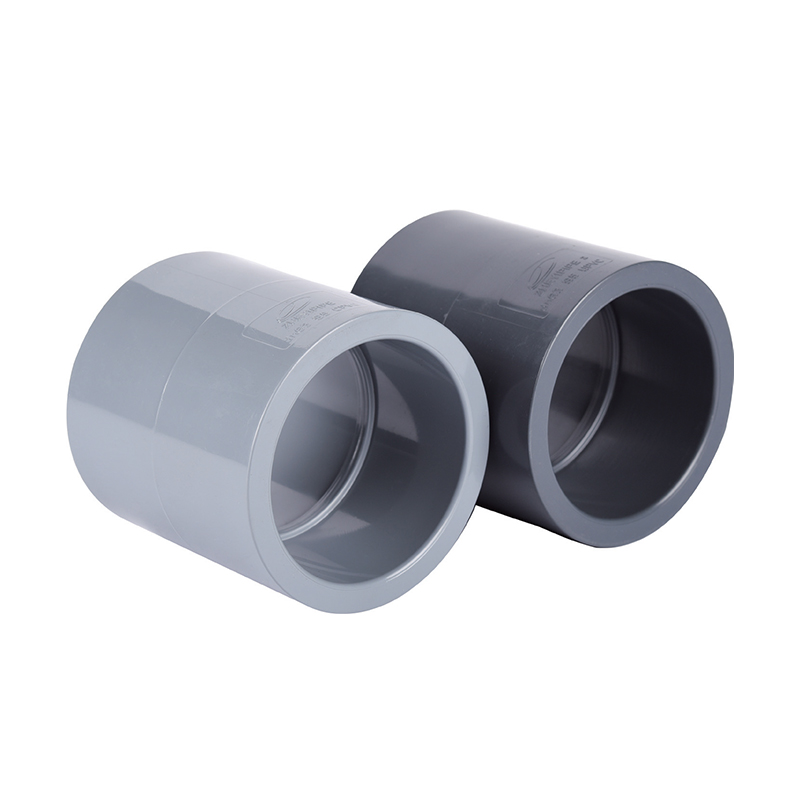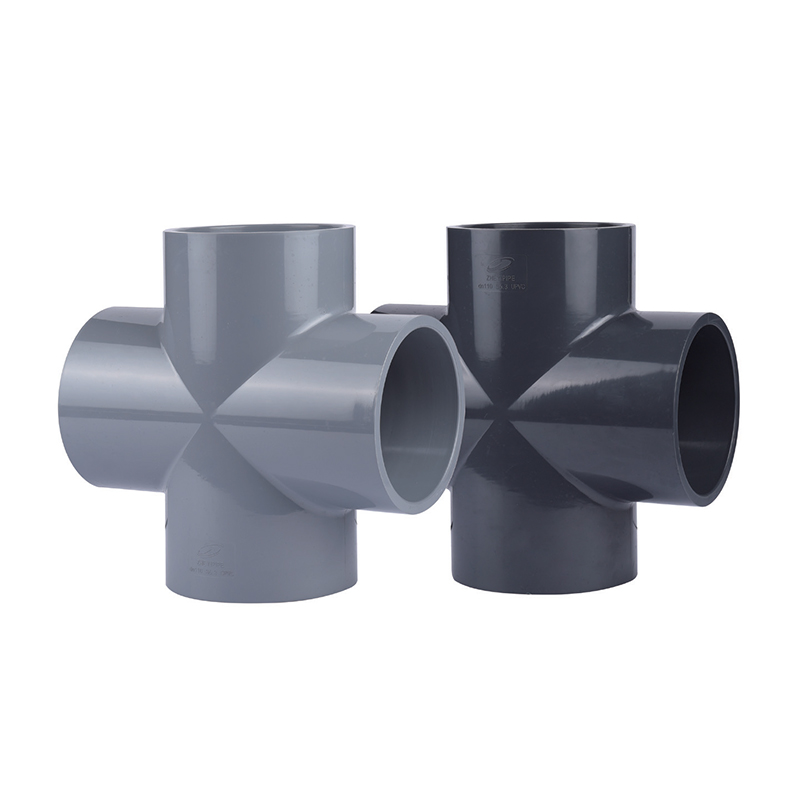UPVC (Unplasticized Polyvinyl Chloride) pipes are widely used in chemical processing, lithium extraction, and high-pressure industrial applications due to their corrosion resistance, durability, and compliance with international standards like DIN and ANSI.

ANSI Schedule 80 UPVC pipes are designed for high-pressure applications in chemical plants, offering:
Thicker walls for enhanced pressure resistance (compared to Schedule 40)
Superior chemical resistance against acids, alkalis, and solvents
Compliance with ANSI standards, ensuring reliability in industrial settings
Key Applications
Chemical processing plants (acid transfer, solvent handling)
Waste treatment systems (corrosive fluid transport)
High-pressure industrial piping (cooling systems, compressed air lines)
Buyer's Checklist
Pressure rating – Ensure the pipe meets required PSI levels.
Chemical compatibility – Verify resistance to specific chemicals in use.
Temperature limits – UPVC typically handles -10°C to 60°C (varies by formulation).
Certifications – Look for ANSI/ASME, NSF, or ISO compliance.
DIN vs. ANSI: Key Differences
| Feature |
DIN Standard (Europe) |
ANSI Standard (USA) |
| Pressure Rating |
Based on PN (Pressure Nominal) system |
Uses Schedule (40/80) system |
| Dimensions |
Metric measurements (mm) |
Imperial measurements (inches) |
| Common Use |
Lithium battery plants, European markets |
Chemical plants, US industrial applications |
| Certification |
DIN 8061/8062 (UPVC pipes) |
ANSI/ASME B36.10, ASTM D1785 |
| Temperature Range |
-10°C to +60°C (varies by grade) |
-20°C to +60°C (Schedule 80) |
Which Standard Should You Choose?
For lithium battery manufacturing → DIN pipes (common in EU/Asian markets).
For US-based chemical plants → ANSI pipes (widely available, standardized).
For global projects → Check if dual certification (DIN + ANSI) is required.
Industry Trends
Lithium industry growth is increasing demand for DIN-compliant UPVC pipes.
ANSI remains dominant in North American chemical processing.
Why UPVC for Lithium Extraction?
Lithium extraction involves highly corrosive brines and acids, requiring pipes that resist:
Hydrochloric acid (HCl), sulfuric acid (H₂SO₄)
Saltwater corrosion (in brine processing)
Abrasive slurries (in lithium ore processing)
UPVC Advantages Over Metal Pipes
No rust or scaling (unlike steel)
Lightweight & easy to install
Long lifespan in harsh chemical environments
Installation & Maintenance Tips
Use proper solvent cement for leak-proof joints.
Avoid extreme temperatures (UPVC can become brittle below -10°C).
Inspect for UV degradation if used outdoors (consider painted or covered pipes).
Final Recommendations
For high-pressure chemical plants → ANSI Schedule 80 UPVC pipes.
For lithium battery factories → DIN-certified UPVC pipes.
For corrosive lithium extraction → UPVC with high chemical resistance ratings.


 +86-15258772971
+86-15258772971
 dinys009@163.com
dinys009@163.com

 English
English 한국어
한국어 Español
Español عربى
عربى


